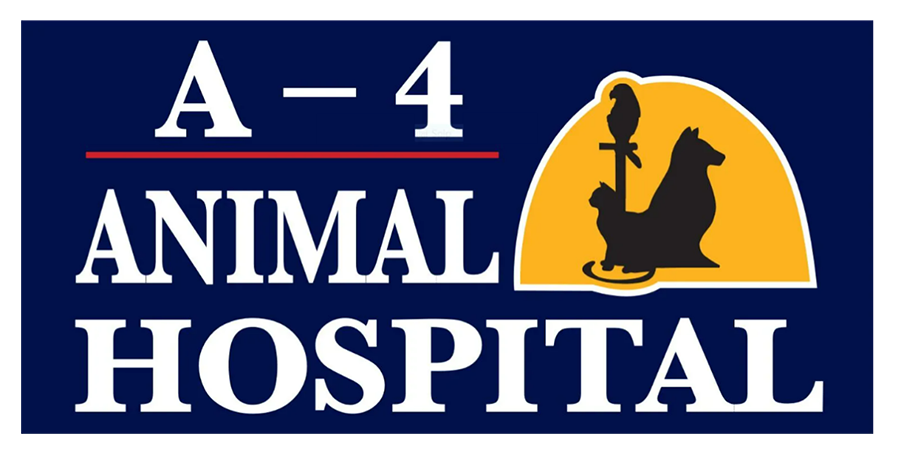Library
-
Cephalexin (brand names Rilexine®, Keflex®, Vetolexin®) is an oral antibiotic used to treat pyoderma and other bacterial skin infections in dogs and is used off-label in cats to treat pyoderma and other types of skin infections. It is sometimes used off-label to treat urinary tract infections in cats and dogs. Side effects of cephalexin are rare and usually mild.
-
Brushing Your Cat's Teeth
Enseñar a su gato a aceptar que se cepille los dientes puede llevar cierto entrenamiento, pero se convertirá en algo sencillo una vez se acostumbre al proceso. El lavado de dientes diario es lo ideal, pero si sus horarios no le permiten hacerlo cada día, un cepillado de dos veces al día es aceptable.
-
Ceramides are naturally occurring lipid (fat) molecules that make up a large portion of the outer skin layer. Ceramide skin care products are available as over-the-counter veterinary products in various topical forms. They are used to help manage skin conditions in dogs, cats, and other animals. Your veterinarian is the best source of information about the safety of non-drug health products in pets.
-
Cerebellar hypoplasia is a developmental condition in which the cerebellum of the brain fails to develop properly. It most commonly occurs when a pregnant cat becomes infected with feline panleukopenia virus and passes the infection to her unborn kittens. Since the cerebellum is responsible for purposeful movement and coordination, the symptoms of this condition may not become apparent until the kitten starts to try to stand or walk on its own. There is no treatment; however, kittens with cerebellar hypoplasia are not infectious to other kittens or cats, are not in any pain, and will learn to adapt to their disability over time.
-
Cerebrospinal fluid is a clear, colorless fluid found in the brain and spinal cord. The collection of CSF is usually indicated when a pet shows clinical signs, such as seizures, incoordination, circling behavior, and neck or back pain, when no obvious cause is known. The veterinary pathologist will evaluate the sample for a total nucleated cell count, a red blood cell count, a total protein determination, and a concentration of the cells in the sample. The presence of bacteria or fungal organisms may be detected along with increased numbers of inflammatory cells, leading to a diagnosis of bacterial or fungal infection. Neoplastic cells may also be found, indicating an underlying tumor within the brain or spinal cord.
-
A cesarean section is a surgery to remove kittens from the uterus and is most commonly performed as an emergency procedure when there is difficulty with natural birth. During the immediate recovery period, the mother and kittens must be closely monitored and begin eating/nursing within a few hours. If you have any concerns about their health, you should immediately have your veterinarian examine the kittens and their mother.
-
Cetirizine is given by mouth and is used off-label to treat and prevent pruritus (itching) associated with atopic dermatitis, urticaria (hives), and insect bite reactions in cats and dogs. Give as directed. Side effects are uncommon but may include vomiting and increased salivation. Do not use it in pets that are allergic to it or hydroxyzine. If a negative reaction occurs, contact your veterinarian.
-
Cetyl myristoleate is a supplement given by mouth and is used over the counter to treat osteoarthritis, most commonly in dogs. Give as directed by your veterinarian. Side effects are uncommon but may include gastrointestinal upset. Use cautiously in debilitated, pregnant, or lactating pets. If a negative reaction occurs, please call your veterinary office.
-
Chamomile is given by mouth or applied topically and is used off-label and over the counter to treat inflammatory skin conditions, gastrointestinal upset, and anxiety. Give as directed by your veterinarian. Side effects are uncommon if used at the proper dose, but may include vomiting, diarrhea, or skin irritation. Do not use in pets that are allergic to it or other plants in the daisy family. If a negative reaction occurs, please call your veterinary office.
-
Chediak-Higashi Syndrome is a rare genetic disease of smoke-blue Persian cats. The condition affects how the body processes waste products, resulting in changes within the body’s cells and leading to abnormal pigmentation of the skin and coat. The condition can lead to eye abnormalities and problems with blood clotting, but most cats can have a normal lifespan with careful health monitoring.

